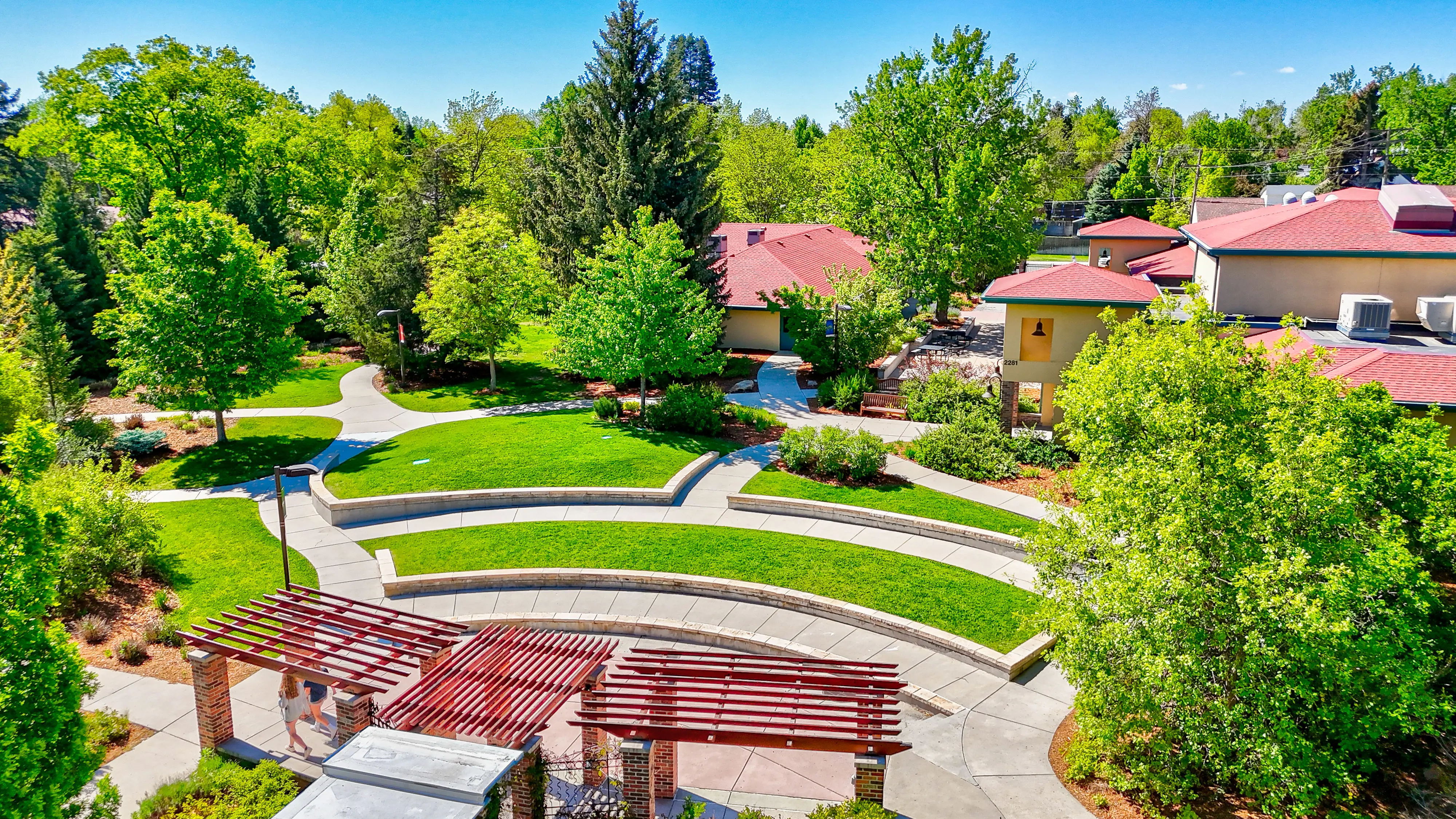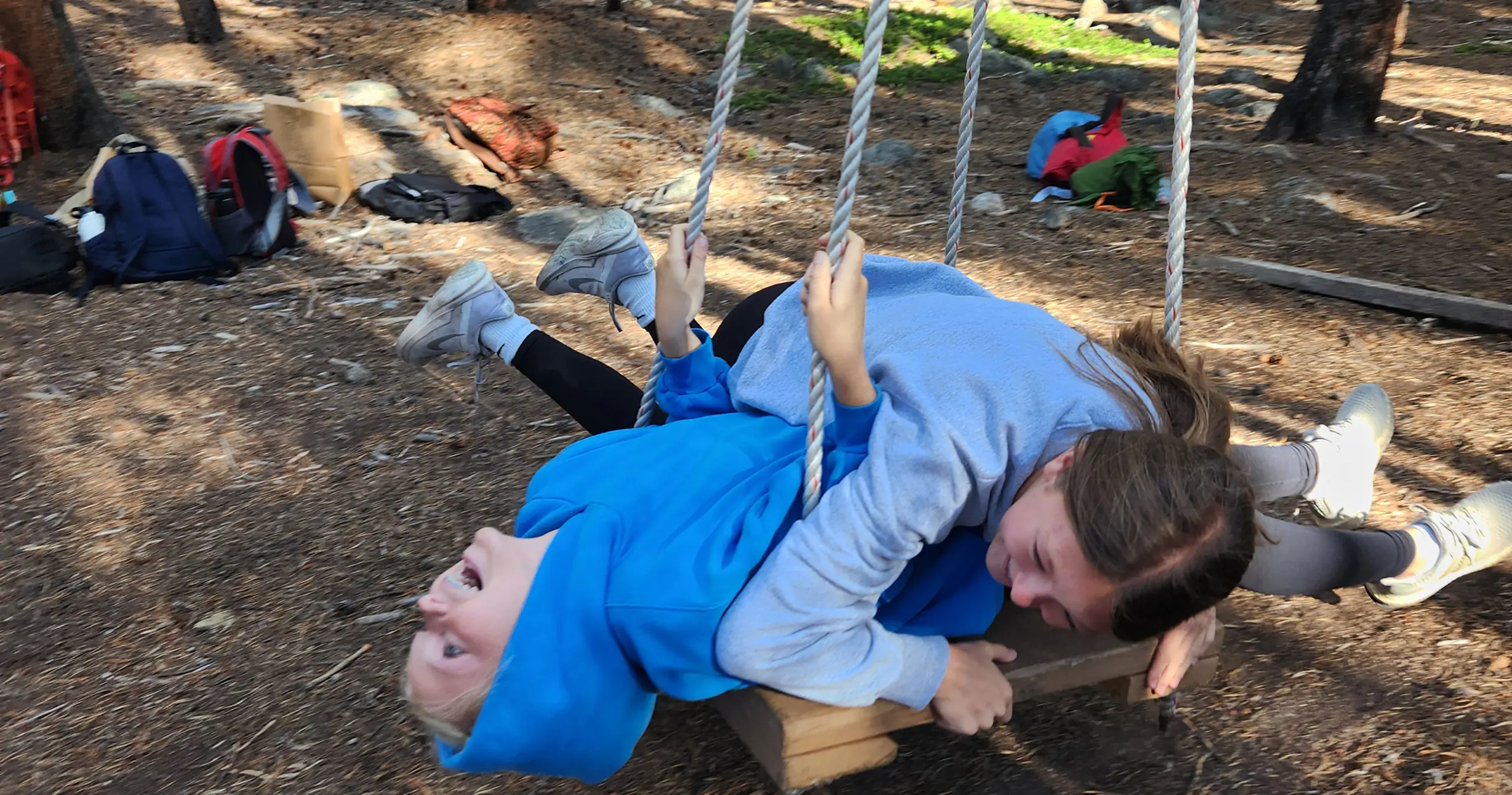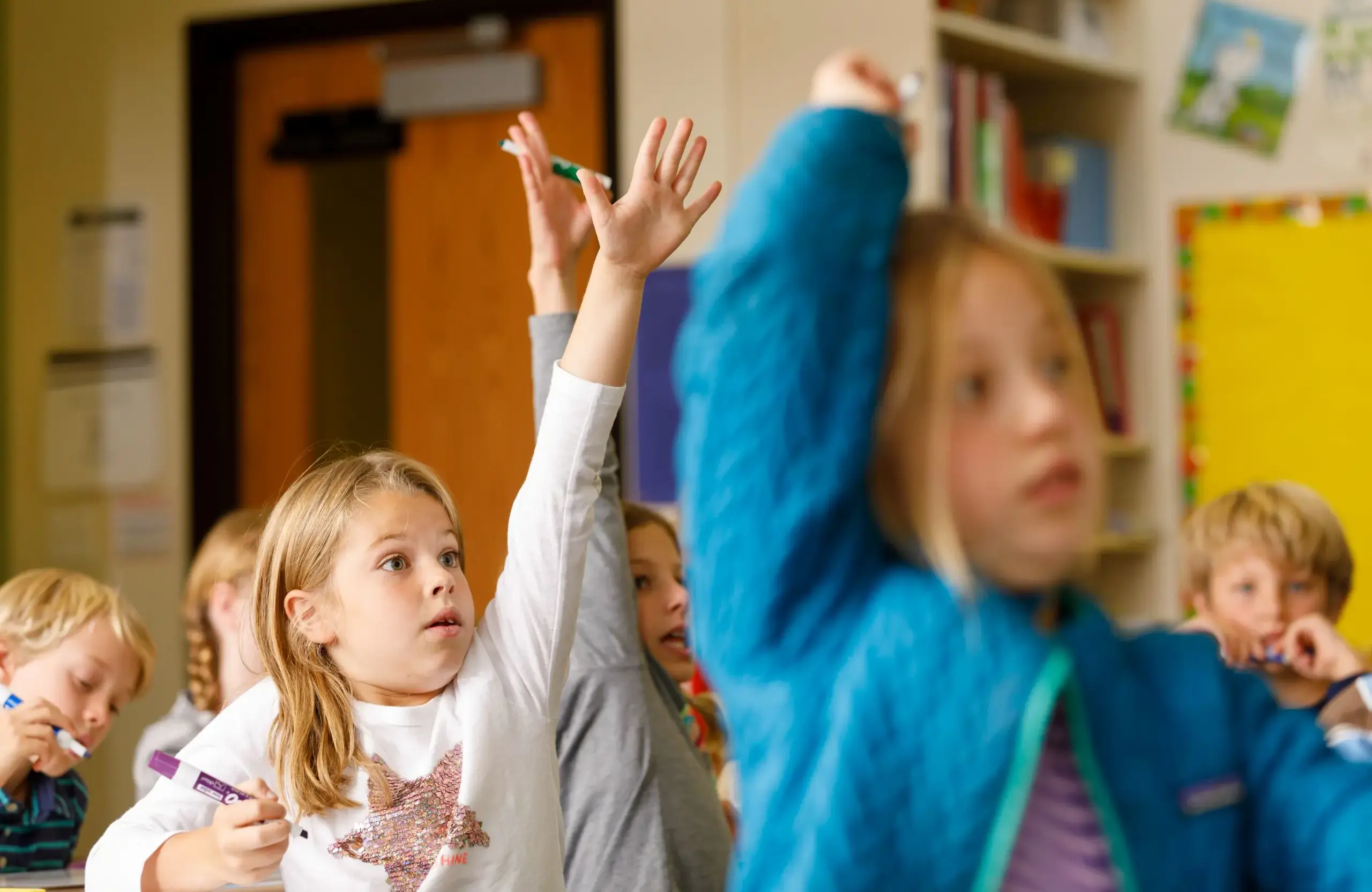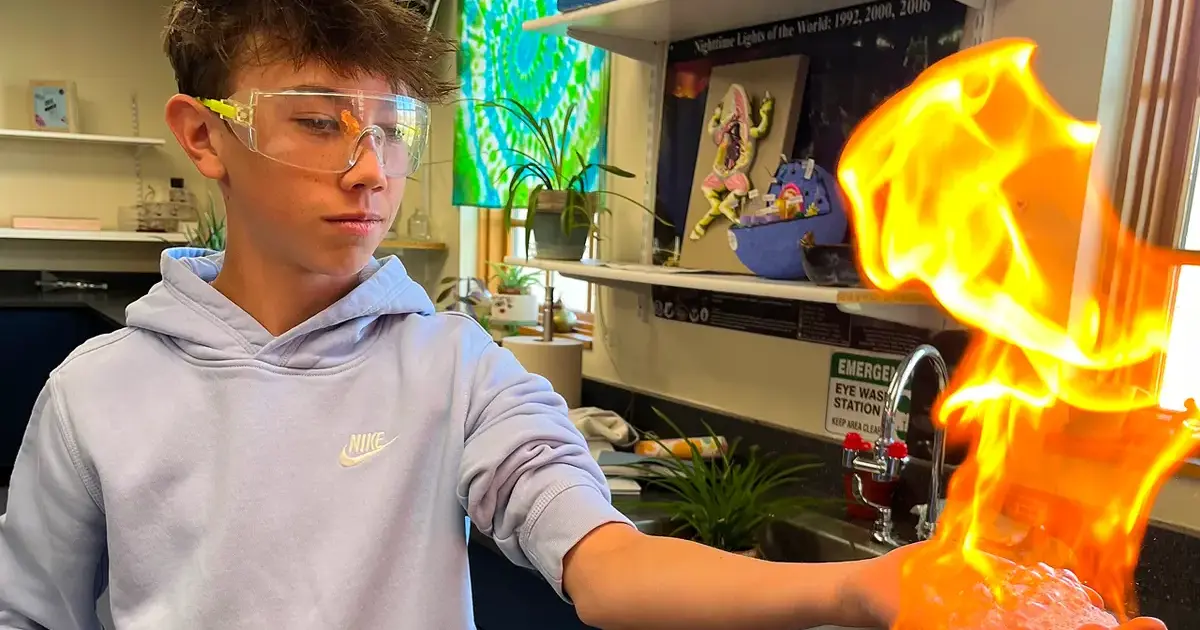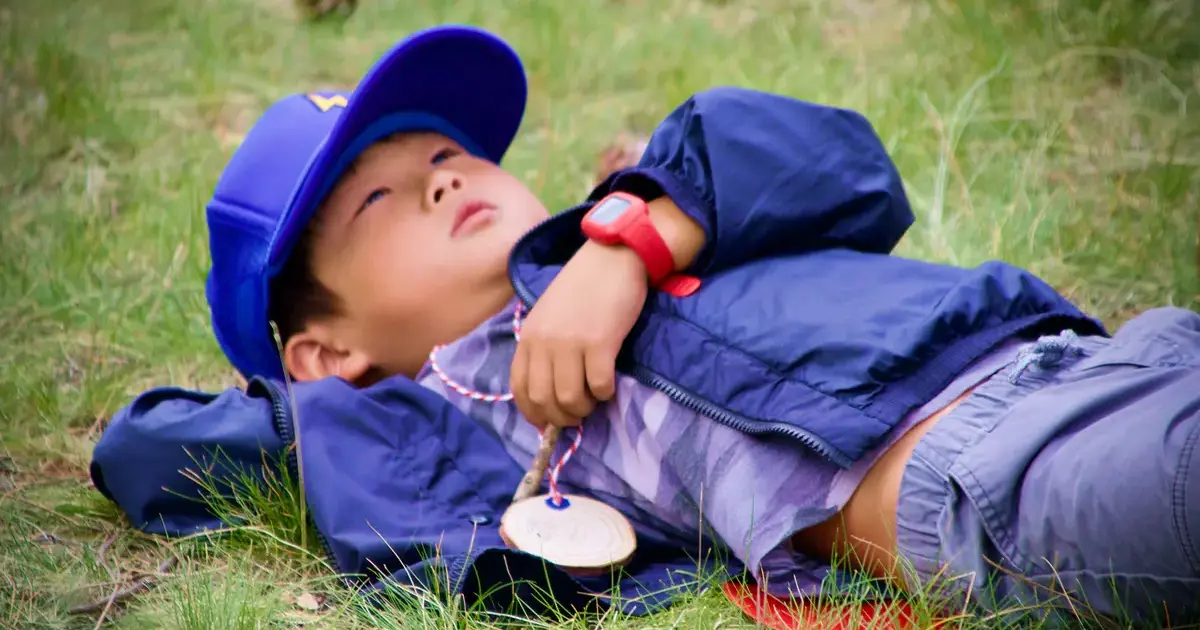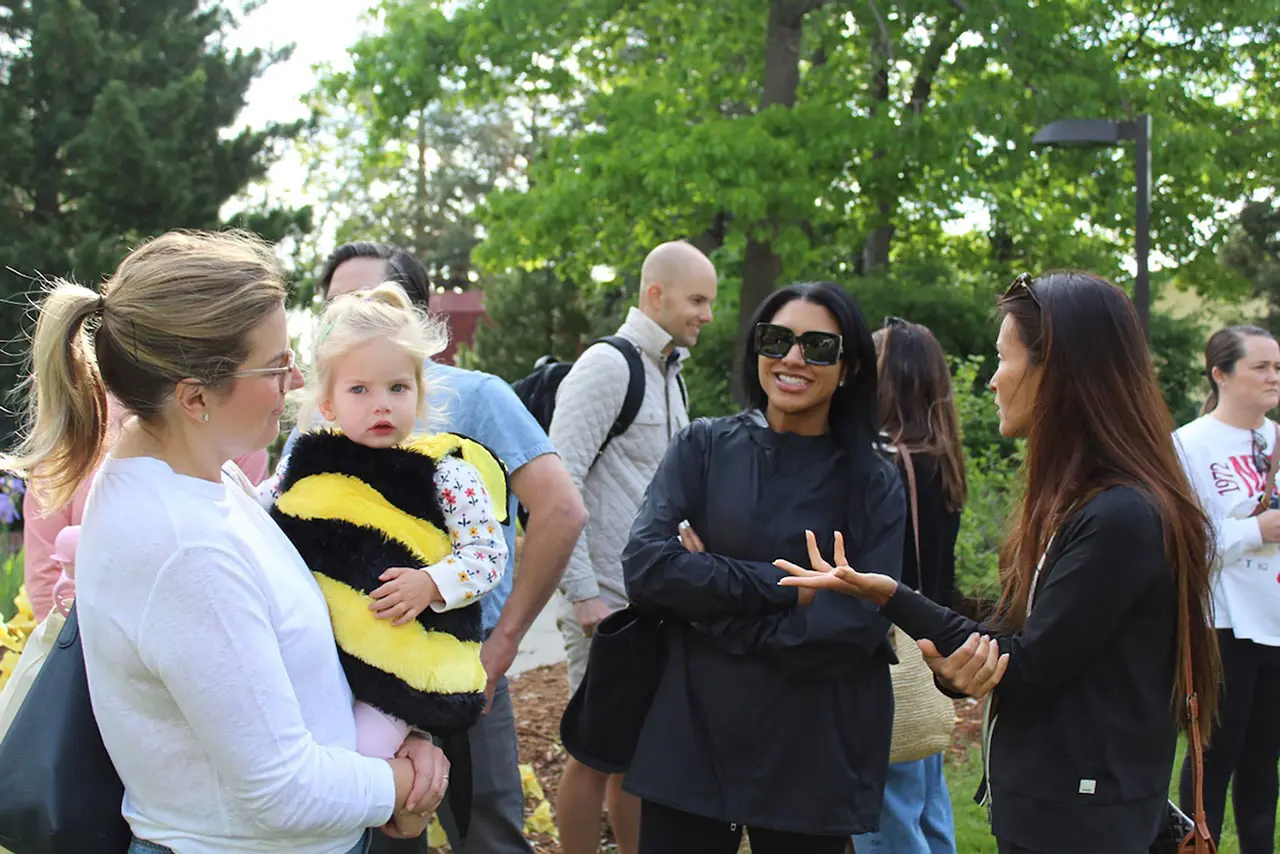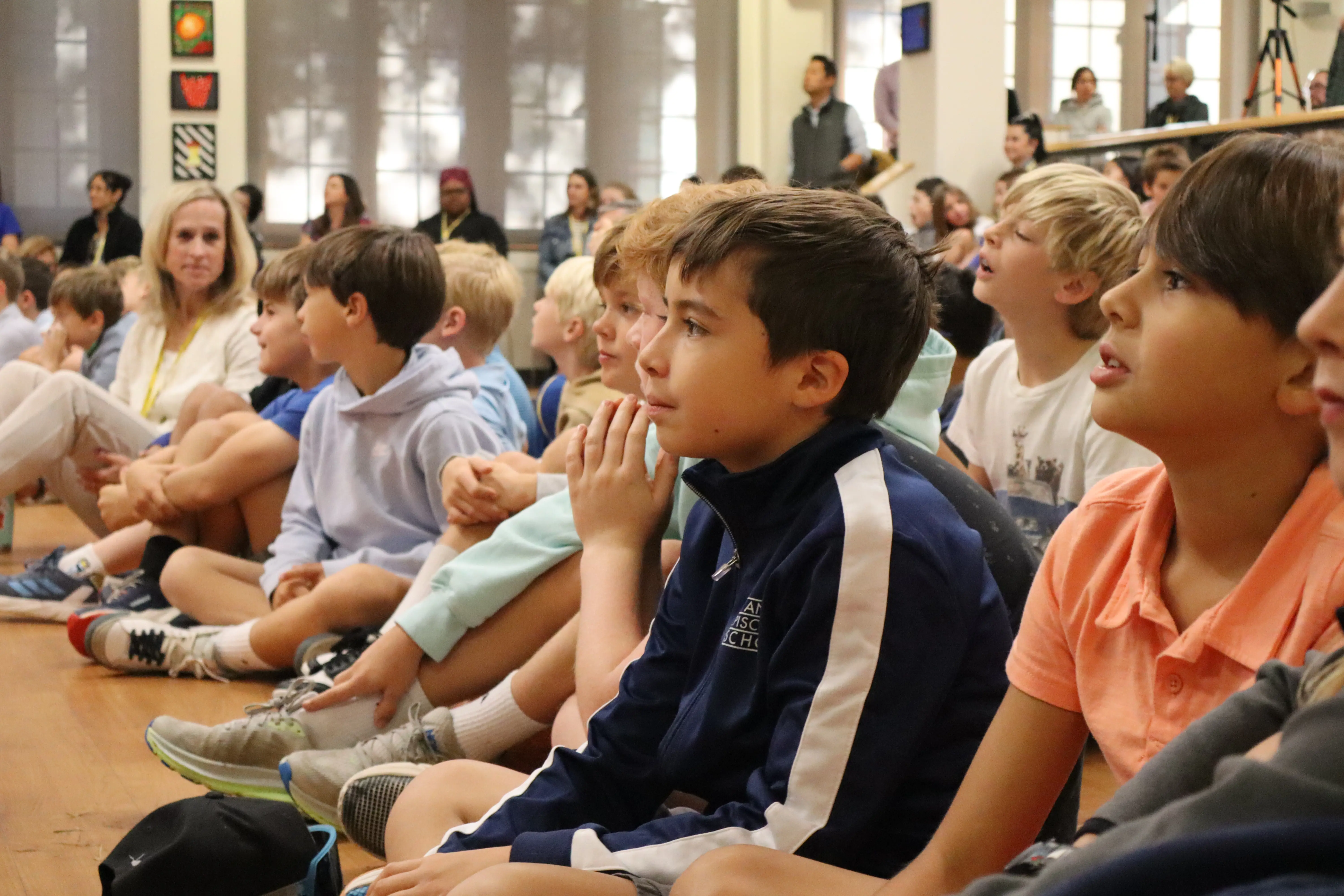Kindergarten Overview
At St. Anne’s, our kindergarten curriculum combines academics, hands-on learning, and enrichment activities to support children’s intellectual, social-emotional, and physical development. We foster a positive, nurturing environment that helps children view learning as both enjoyable and meaningful, while building the skills to become collaborative and independent learners.
Our academic program emphasizes foundational skills in:
- Literacy – nurturing a love for reading and writing, while developing phonemic awareness, vocabulary, and comprehension.
- Math – encouraging numerical literacy, problem-solving, and mathematical thinking through interactive exploration and structured activities.
- Social Studies – introducing children to diverse cultures, historical events, and community life, promoting curiosity, empathy, and critical thinking.
Students also engage in a rich array of subjects including Spanish, art, music, science, physical education, religion, and outdoor education, ensuring a well-rounded educational experience that lays the foundation for future academic success
| Writing |
|---|
By the end of kindergarten, students will be able to:
|
| Art |
|
In kindergarten art, young artists primarily create through drawing, painting, and creating different types of 3-D sculpture. They often learn about various artists and their styles and try to implement different pieces of those styles throughout their own work. Another important attribute to a growing artist is practice of the proper use of tools and strategies to create different effects in their artwork. Most importantly, the young artists are encouraged to experiment with different processes and try new things to explore their creativity and voice through art. This may include showing feelings or an idea through color or lines. Working in a more representational or realistic way vs. abstract are all things artists learn, practice, and create during their time in class. |
| Word Study |
|
Kindergarten focuses on daily lessons that provide direct, explicit, multisensory, and systematic instruction in phonemic awareness, phonological awareness, and phonics to give students a firm foundation in the subskills that lead to strong decoding and fluent reading. The primary goals of the word study program include:
|
| Reading |
| Kindergarten reading combines letter identification, letter-sound association, and contextual clues to develop reading and comprehension skills. Students listen to read-alouds throughout the year to develop their listening comprehension. In the middle of the year, students start to read decodable books independently. The decodable books align with the skills taught in class. Students reread these books to develop fluency. |
| Math |
|
Kindergarden Math Focus The kindergarten math program emphasizes:
|
| Science |
|
Kindergarten Science Focus Kindergarten science offers hands-on activities that allow students to explore the world and understand the basic processes that shape it. Key areas of focus include:
Students develop scientific skills such as measuring, observing, comparing, asking questions, and critical thinking. |
| Social Studies |
|
Kindergarten Social Studies Focus The kindergarten social studies program emphasizes:
|
| Music |
|
Kindergarten Music Curriculum The kindergarten music program focuses on developing each child’s ability to sing, dance, and play rhythm instruments with peers. Skills taught include:
|
| Spanish |
| The kindergarten Spanish program engages students in play-based and exploratory activities that promote language acquisition through music, movement, stories, games, and art with increased opportunities for self-directed efforts and demonstration of learning. |
| PE |
|
St. Anne's Physical Education Program The goal of St. Anne’s physical education program is to engage students in developmentally appropriate movement experiences that focus on both learning to move and learning through movement. In Developmental Level One, kindergarten students participate in a daily program that includes:
This foundation promotes an active and healthy lifestyle. |
| Library |
| Our early education library curriculum involves fostering a love for books, storytelling, and early literacy skills. Activities, story times, and books are tailored based on students’ interests, development and feedback. The librarian collaborates with teachers and provides library materials for units of study to ensure a holistic approach to early literacy development. |
| Religion (Preschool–Kindergarten) |
|
Introduction to the Bible, Church Calendar, Chapel, and World Religions In the first three years at St. Anne’s students begin to develop awareness of the Bible as a special book that contains important stories about God, people, character, miracles, and mystery. Relying on Godly Play, story-telling, and exposure to imagery, objects, and sacred spaces, young learners visit and revisit major narratives and characters of the Hebrew Bible. In the seasons of Christmas and Easter, students learn the story of Jesus of Nazareth and his ministry. We respectfully use other celebrations in world religions as an entry point into learning about them. All faiths are approached with reverence, and while we often turn to mindfulness and prayer to learn the rhythms of gratitude and care, no one way of practice is elevated above others and always remains invitational. |
| Outdoor Education |
| Students begin trips to St. Anne’s in the Hills in kindergarten. Students participate in a fall, a winter, and a spring trip, and during each of these trips, they participate in exploration-based activities to help develop both their connection to the natural world and an understanding of their place in it. Students are introduced to the history of SAITH with regards to the school, church, and founding sisters. Students learn about nature reflection tools, work to identify patterns and seasonal changes in nature, and spend time exploring and adventuring alongside their peers. Kindergarten students find that all of their activities tie back to the founding value of “community.” |


